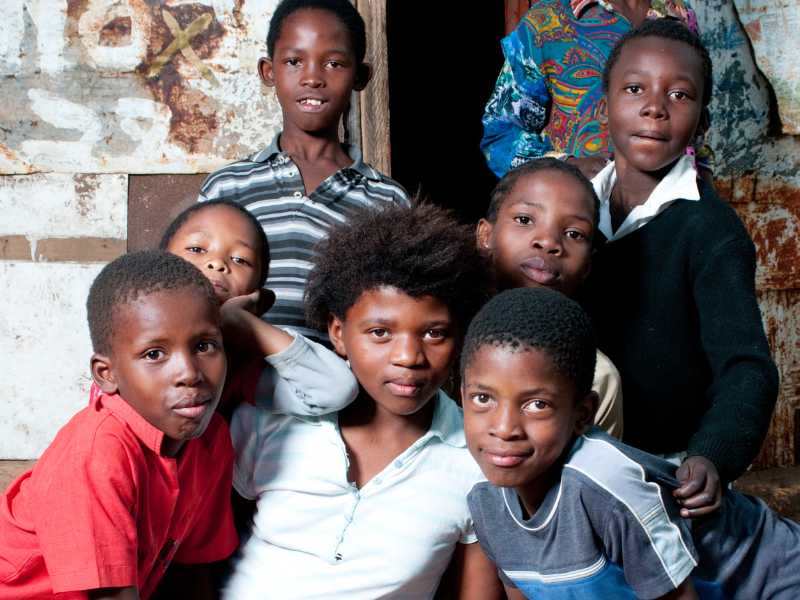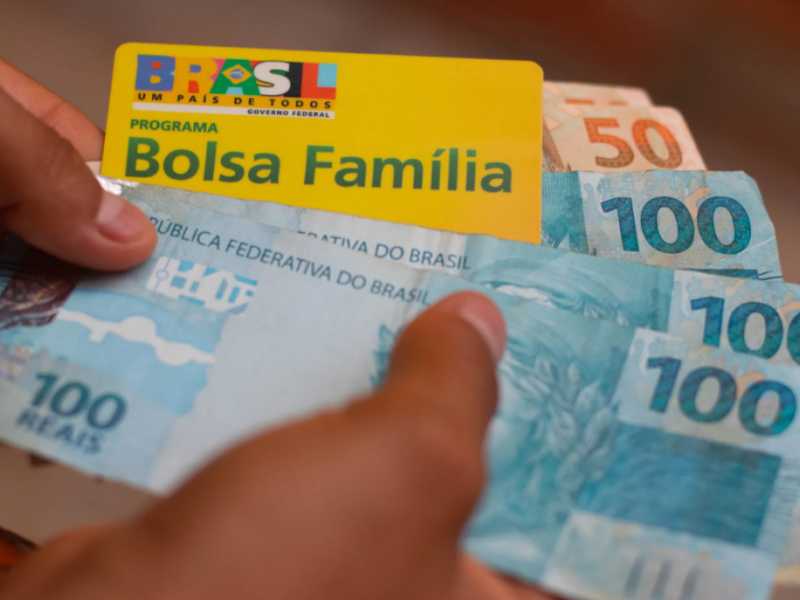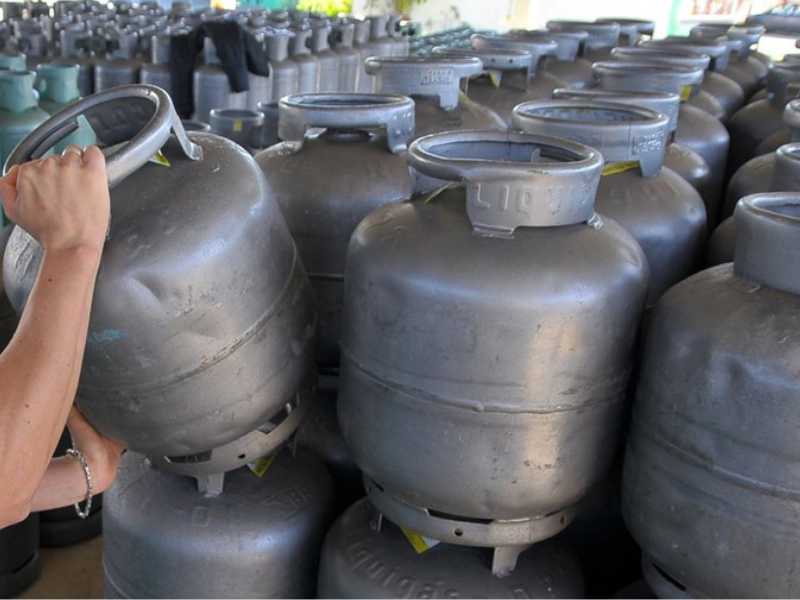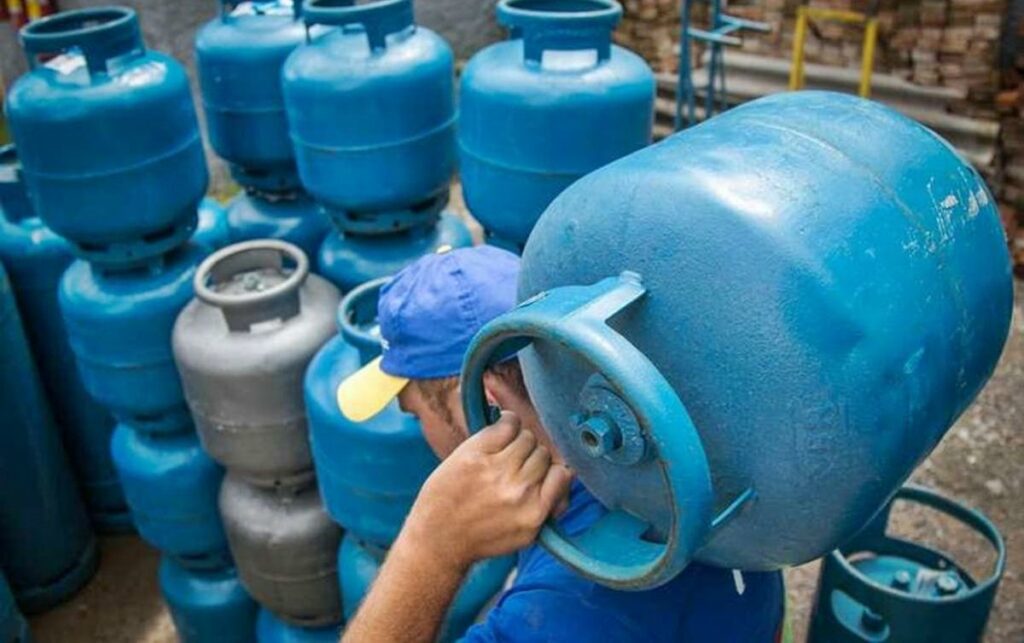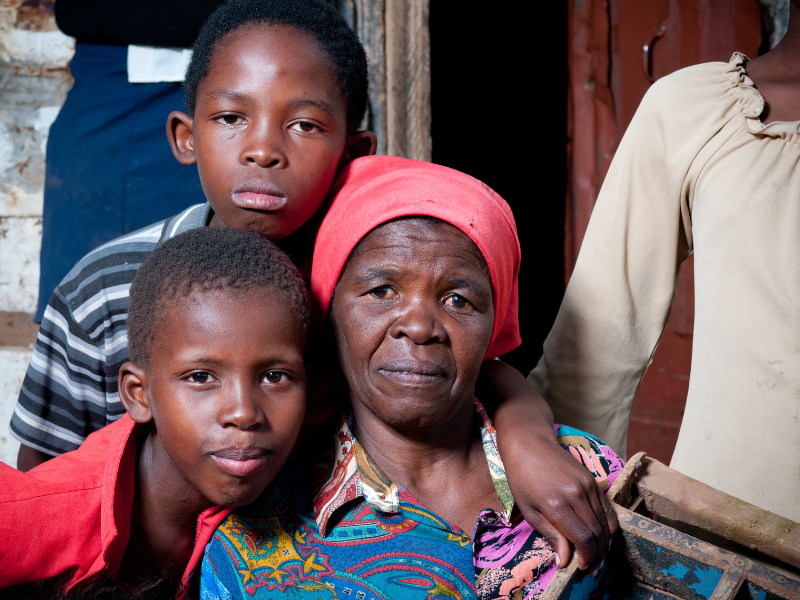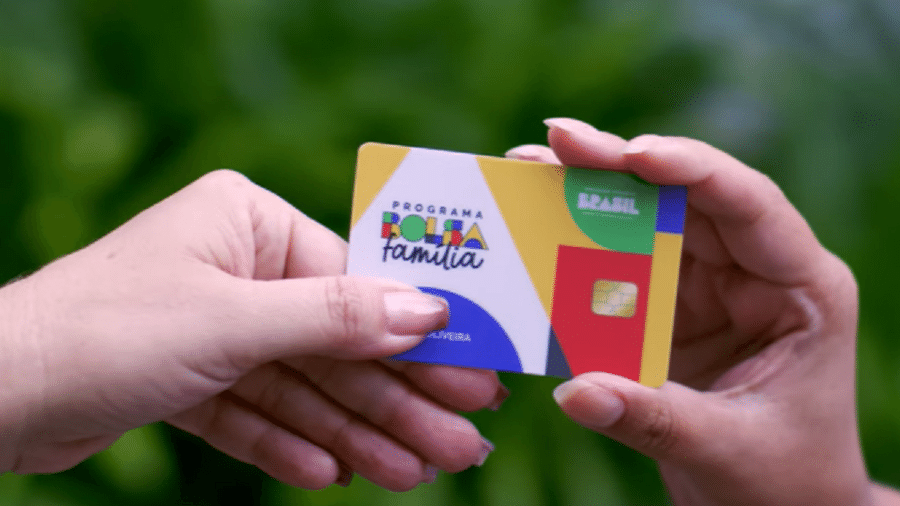Advertisements
The Federal Government recently announced renewed measures for Bolsa Família, a program designed to support low-income families throughout Brazil. These measures include the opportunity to enter the job market without losing the benefit, the expansion of opportunities for professional training, and the implementation of a transition program for families who previously received Auxílio Brasil.
The opportunity to enter the job market is a significant change. In this way, it allows families to increase their income and improve their standard of living. Previously, those who started working lost the Bolsa Família benefit, making it difficult to improve their conditions.
Expanding Opportunities with Bolsa Família
Also, the increase in vocational training opportunities is a very positive change, as it gives families the chance to qualify for better jobs. In this context, the Federal Government is providing free vocational training courses to beneficiaries of the program.
Advertisements
The transition program for families who received Auxílio Brasil aims to mitigate the social impact that the withdrawal of the benefit could cause. Thus, the transferred amount will provide a temporary benefit to citizens still in the process of adapting to the new reality.
In addition to these measures, the Federal Government is working to improve the administration of Bolsa Família. In this sense, the administration of the current president-elect is investing in technology to make the program more efficient and transparent. In addition, there is an effort to improve communication with groups of beneficiaries, through registration in CadÚnico.
Advertisements
Read also: Bolsa Família announces the introduction of debit cards to facilitate payments
Bolsa Família payment schedule for July
- 1 – 18 July;
- 2 – 19 July;
- 3 – 20 July;
- 4 – 21 July;
- 5 – 24 July;
- 6 – 25 July;
- 7 – 26 July;
- 8 – 27 July;
- 9 – 28 July;
- 0 – July 31st.
CadÚnico: Advantages and Registration
CadÚnico is a registry that identifies low-income families for social programs of the Federal Government. This database is a crucial tool to ensure that low-income families have access to the social benefits necessary to improve their quality of life.
If you are in a situation of social vulnerability, simply gather the documents and follow the instructions below. This way, you will be able to ensure your rights.
The required documents are:
- ID or driver's license of all family members;
- CPF of all family members over 18 years of age;
- Proof of residence;
- Proof of income (if applicable);
- Medical report (if applicable).
Registration can be done at any CadÚnico service unit, such as CRAS, CREAS or Social Assistance Reference Center (CRAS). The service is free and no appointment is necessary.
After this process, the family will receive a Social Identification Number (NIS), which is a document that proves the situation of social vulnerability. With the NIS, it will be possible to have access to several social benefits, such as:
Read also: Learn all about Amounts Receivable
Family Allowance;
- Continuous Benefit Payment (BPC);
- Social Electricity Tariff;
- Exemption from registration fees for public tenders;
- Exemption from enrollment fees in daycare centers and public schools;
- Access to places in daycare centers and public schools;
- Access to vacancies in sports and cultural projects;
- Access to microcredit programs.
In addition to the social benefits mentioned above, CadÚnico is also used to:
- Map the situation of poverty and social vulnerability in Brazil;
- Monitor the impact of the federal government's social programs;
- Identify families in situations of social risk;
- Develop public policies to meet the needs of low-income families.
The Single Registry is an essential resource to guarantee the right to social protection in Brazil.






